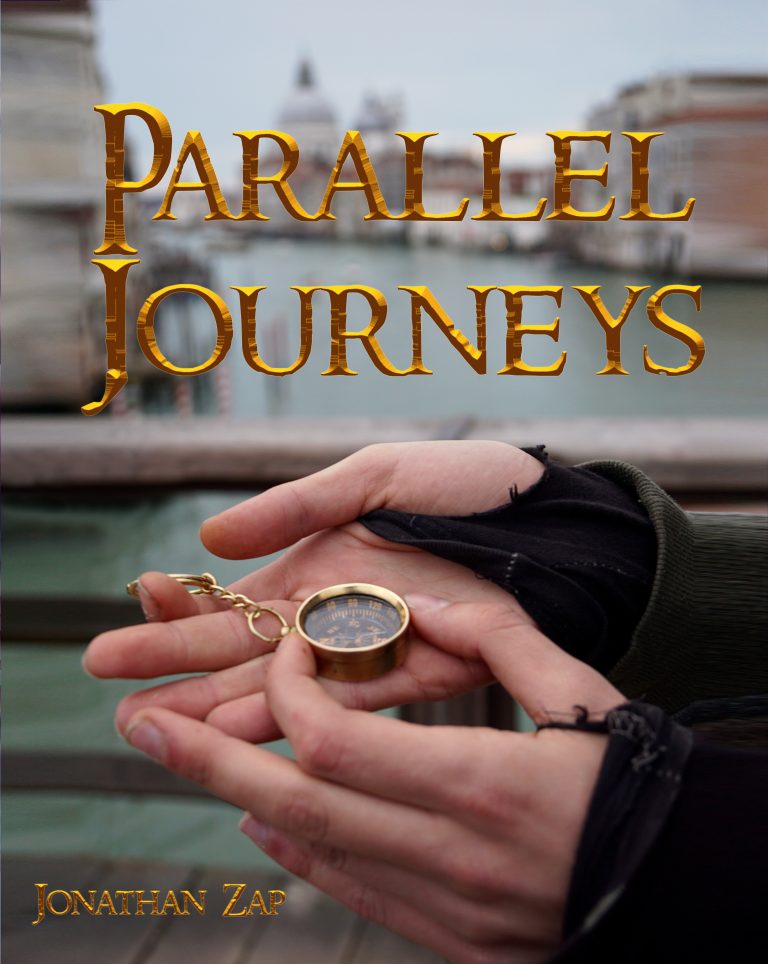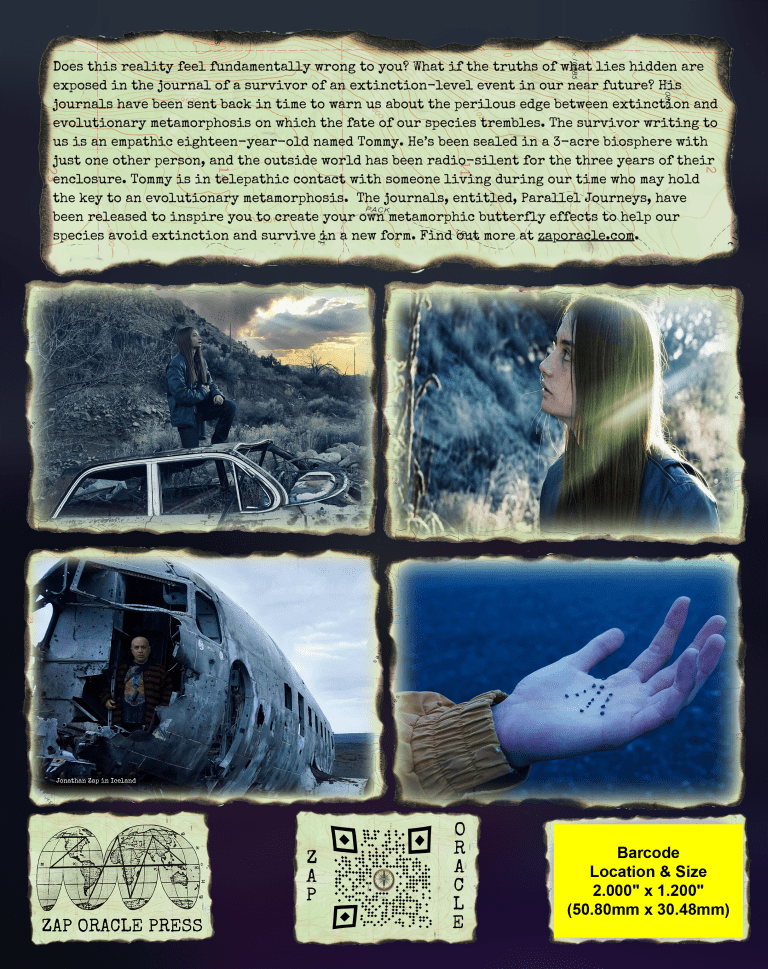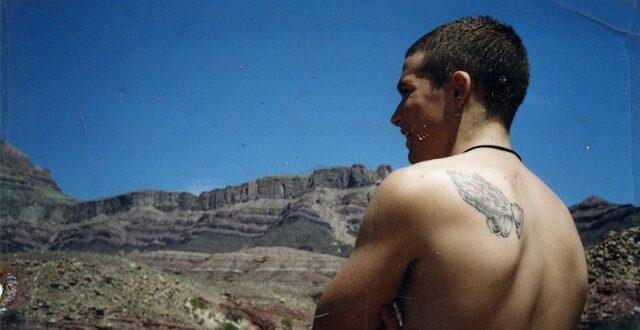The hero’s journey always begins with answering the call to adventure. The journey will always involve a descent into darkness, but we must endure it if we are to fulfill our destiny. As Shakespeare wrote in Julius Caesar, “There is a tide in the affairs of men, which taken at the flood, leads on to fortune; Omitted, all the voyage of their life Is bound in shallows and in miseries.”
Many of the worst life regrets are not for what we’ve done but for what we never attempted.
The call to adventure comes in very unexpected forms and makes demands that may be offensive to rationality, practicality and “good sense.” In J.R.R. Tolkien’s The Hobbit, one part of Bilbo answered the call to adventure, while another part, the sensible, respectable middle-aged property owner part, resisted at almost every step.
Joseph Campbell wrote,
“This first stage of the mythological journey – which we have designated the “call to adventure” – signifies that destiny has summoned the hero and transferred his spiritual center of gravity from within the pale of his society to a zone unknown. This fateful region of both treasure and danger may be variously represented: as a distant land, a forest, a kingdom underground, beneath the waves, or above the sky, a secret island, lofty mountaintop, or profound dream state; but it is always a place of strangely fluid and polymorphous beings, unimaginable torments, superhuman deeds, and impossible delight. The hero can go forth of his own volition to accomplish the adventure, as did Theseus when he arrived in his father’s city, Athens, and heard the horrible history of the Minotaur; or he may be carried or sent abroad by some benign or malignant agent as was Odysseus, driven about the Mediterranean by the winds of the angered god, Poseidon. The adventure may begin as a mere blunder … or still again, one may be only casually strolling when some passing phenomenon catches the wandering eye and lures one away from the frequented paths of man. Examples might be multiplied, ad infinitum, from every corner of the world.”
Campbell also wrote about what happens if the call to adventure is not answered:
“Refusal of the summons converts the adventure into its negative. Walled in boredom, hard work, or ‘culture,’ the subject loses the power of significant affirmative action and becomes a victim to be saved. His flowering world becomes a wasteland of dry stones and his life feels meaningless – even though, like King Minos, he may through titanic effort succeed in building an empire or renown. Whatever house he builds, it will be a house of death: a labyrinth of cyclopean walls to hide from him his minotaur. All he can do is create new problems for himself and await the gradual approach of his disintegration.”
Consider whether this is a time to answer the call to adventure.
If you have time to read more:
On June 17, 1995, I went on the road, officially taking an approved year’s leave of absence from teaching. The decision wasn’t irreversible then; I still had about ten months to decide if I would return. Despite all the messages from the muse, this was no easy decision, as I had a tenured teaching job in the highest-paying county for teachers in the United States, where I made close to 60K a year (quite a lot for a relatively young school teacher in 1995) and the job came provided health insurance, an excellent pension plan, etc. My parents and every voice of middle-class common sense and practicality urged me to return to the economic security of a profession I once loved.
I’d been on the road for ten months when the school district called, pressing me for a decision. I was traveling with some young friends with whom I had volunteered at a Navajo reservation near Big Mountain, Arizona. The little money I had from cashing out my retirement fund had long since been exhausted, and I had been living close to the edge. We were camping in a mesa near Sedona, Arizona when the morning I had to give the school district my decision arrived. With my friend Jordie as a witness, I did an I Ching reading that strongly supported leaving the teaching job. As I was finishing the reading, another member of the group I was traveling with, Seth, who knew nothing about the decision I was facing, came over to show me a Jung quote he had just encountered in a book on mountain climbing. The quote turned out to be stunningly relevant. This was the second time in my life when it felt like Jung had stepped forward as a spiritual grandfather to give me his blessing. Here is what Seth read to me:
The fact that many a man going his own way ends in ruin means nothing, he must obey his own law as if it were a daemon whispering to him of new and wonderful paths. There are not a few who are called awake by the summons of the voice where upon they are at once set apart from the others, feeling themselves confronted with a problem about which the others know nothing. In most cases it is impossible to explain to the others what has happened, any understanding is walled off by impenetrable prejudices. ‘You are no different from anybody else,’ they will chorus. There is no such thing, or if there is such a thing it is immediately branded as morbid. He is at once set apart, isolated as he has resolved to obey the law that commands him from within. ‘His own law,’ everybody will say, but he knows better, it is the law.
The only meaningful life is the life that strives for the individual realization, absolute and unconditional, of its own particular plan. To the extent that a man is untrue to the law of his being, he has failed to realize his life’s meaning. The undiscovered being within us is a living part of the psyche. Classical Chinese philosophy names the interior way Tao, and likened it to a flow of water that moves irresistibly towards its goal. To rest in Tao means fulfillment, wholeness, one’s destination reached, one’s mission done, the beginning, end in perfect realization, the meaning of existence unique in all things.
—C.G. Jung
Read an excellent article on the Monomyth the universal mythic structure which begins with the call to adventure.
In my most autobiographical essay, The Path of the Numinous, I write about several calls to adventure and how I answered them.
Extremely Relevant: Journeying
My sci-fi epic on the singularity, Parallel Journeys , is about characters who answer the call to adventure, descend into darkness and travel interdimensional. Reading this book can be an immersive adventure in itself.

Opening premise:
Does this reality feel fundamentally wrong to you? What if the truths of what lies hidden are exposed in the journal of a survivor of an extinction-level event in our near future? His journals have been sent back in time to warn us about the perilous edge between extinction and evolutionary metamorphosis on which the fate of our species trembles.
The survivor writing to us is an empathic 18-year-old named Tommy. He’s been sealed in a three-acre biosphere with just one other person, and the outside world has been radio-silent for the three years of their enclosure. Tommy is in telepathic contact with someone living during our time who may hold the key to an evolutionary metamorphosis. The journals, entitled Parallel Journeys, have been sent back in time to inspire you to create your own metamorphic butterfly effects to help our species avoid extinction and survive in a new form.

Parallel Journeys, can be read free on this site. If you prefer Audible, Kindle or physical versions, those are all available on Amazon.
 ZapOracle.com home to the free 720-card Zap Oracle
ZapOracle.com home to the free 720-card Zap Oracle






